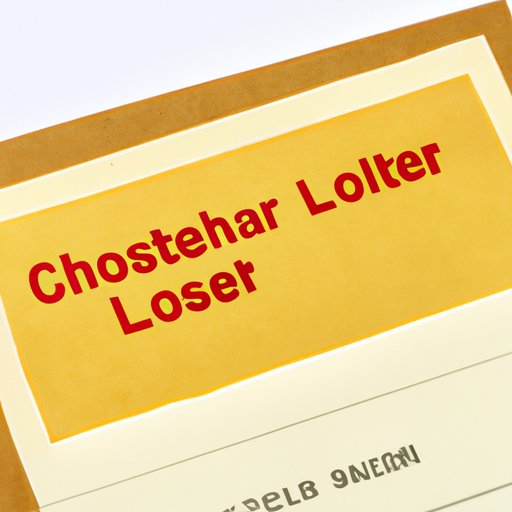
I. Introduction
High cholesterol levels can lead to several health risks, including heart disease and stroke. While medication is often a solution, there are several natural ways to lower cholesterol levels. This article aims to provide helpful tips for readers to lower their cholesterol levels without medication.
II. Dietary Changes
Dietary changes are an essential part of cholesterol-lowering treatments. To lower cholesterol, it is crucial to avoid foods high in saturated and trans fats. Saturated and trans fats increase LDL cholesterol levels, which is harmful to our health.
Instead, consider adding cholesterol-lowering foods to your diet, such as almonds, oats, and omega-3 fatty acid sources like fish and flaxseeds. Consider swapping out some of your regular meals for oatmeal, steamed vegetables, and grilled salmon.
III. Exercise
Incorporating some form of exercise into your daily routine can help lower cholesterol levels. Exercise helps increase HDL cholesterol, the “good” kind of cholesterol. Not only can regular physical activity help improve your overall health, but it can also lower your risk of heart disease.
Simple activities like brisk walking, jogging, or biking can be excellent ways to increase physical activity. Consistency in your approach is essential, so aim to make exercise part of your routine and set achievable fitness goals.
IV. Stress Reduction
Stress can contribute to high cholesterol levels. In response to stress, our body releases cortisol, which increases blood sugar levels and can lead to higher cholesterol levels. Practicing stress-reducing activities can help lower cholesterol levels.
Activities like deep breathing exercises, yoga, and meditation can be good options for reducing stress. Find activities that resonate with you and make them a part of your routine to help reduce cholesterol levels naturally.
V. Supplements
There are several supplements you can take to help naturally lower cholesterol levels. Some popular supplements include red yeast rice, garlic, and niacin. However, it’s essential to consider the efficacy and safety of each supplement.
Before adding any supplements to your routine, speak with your healthcare provider to ensure they are safe for you. Supplements should be taken in combination with a healthy diet and consistent exercise routine.
VI. Smoking Cessation
Smoking is a significant contributor to high cholesterol levels. Nicotine in cigarettes can cause LDL cholesterol levels to rise, which increases your risk of heart disease.
Quitting smoking can have numerous benefits and can be a great first step in lowering your cholesterol levels naturally. Consider joining a support group or finding a nicotine replacement therapy strategy that works for you.
VII. Consult Healthcare Professional
While these natural methods can be highly effective in lowering cholesterol levels, it’s crucial to consult with a healthcare provider before starting any new treatments or supplements.
A healthcare professional can provide advice on which lifestyle changes or treatments are right for you based on your health history, overall health status, and medications you may be taking.
VIII. Conclusion
If you’re struggling with high cholesterol levels, these tips can help you lower your cholesterol levels naturally. Consider making dietary changes, incorporating regular exercise, practicing stress-reducing activities, and quitting smoking. Always consult a healthcare professional before beginning any new treatment or supplement, and prioritize your health for a healthier, happier life.




